Business
Okonjo-Iweala replies Oshiomhole, El-Rufai; denies spending oil money without approval

The allegation by some governors that a former Minister of Finance, Ngozi Okonjo-Iweala, spent $2.1 billion out of the Excess Crude Account “without authorization” is false, malicious and totally without foundation, the minister’s spokesperson said Tuesday.
The governors of Edo State, Adams Oshiomhole; Kaduna, Nasir El-Rufai, had said that the National Economic Council, at a meeting on Monday, found that $2.1 billion of the Excess Crude Account was spent without the approval of the council.
The former minister said no unauthorized expenditure from the ECA was made under her watch in the Finance Ministry, and that decisions on such expenditure were discussed at meetings of the Federation Accounts Allocation Committee (FAAC) attended by finance commissioners from the 36 states.
“It is curious that in their desperation to use the esteemed National Economic Council for political and personal vendetta, the persons behind these allegations acted as if the constitutionally recognized FAAC, a potent expression of Nigeria’s fiscal federalism, does not exist,” a statement signed by the former minister’s spokesperson, Paul Nwabuikwu, said.
“But Nigerians know that collective revenues, allocations and expenditures of the three tiers of government are the concern of the monthly FAAC meetings.
“It is important to acknowledge the efforts of governors who are working hard to overcome the current revenue challenges facing their states without resorting to character assassination and blame games,” it said.
The former minister said she remained ready and willing to respond to legitimate enquiries about issues under her purview as Finance Minister.
“But it is clear that this is the latest chapter of a political witch-hunt by elements who are attempting to use the respected National Economic Council for ignoble purposes having failed abysmally in their previous attempts to tar the Okonjo-Iweala name.
“It will be recalled that one of such attempts took place in May when some of these governors, hiding under the auspices of the Nigerian Governors Forum asked Okonjo-Iweala to explain $20 billion alleged to be missing from the same ECA.
“The Finance Ministry subsequently issued a news release and published an advertorial in national newspapers on May 25, 2015 giving details of what the Federal Government and states received from the ECA in the last four years. It also provided details of the use of the funds for payment of petrol subsidies for the Nigerian public and SURE-P allocations to the three tiers for development purposes.
“After the publication, the accusers lost their voice. But the latest allegations show that these persons are still in the business of throwing up wild, unsubstantiated figures to damage Okonjo-Iweala’s name. For instance, within the last few months, Governor Oshiomhole and his fellow travelers have asked Okonjo-Iweala to account for “missing” $30 billion, $20 billion and now $2.1 billion. What they don’t seem to understand is that the strategy has lost all credibility because the falsehood is clear for all to see.
“How can some governors who fought FG’s efforts to leave robust savings in the ECA and even took the Federal Government to court over the matter turn around to make such unfounded allegations?
“The world knows that it was Okonjo-Iweala who pioneered, during her first stint as Minister of Finance in the Obasanjo administration, the practice of publishing monthly updates of all allocations to different tiers of government in order to empower Nigerians with information and knowledge of government revenues and expenditure. This enabled the Nigerian public to ask questions about the utilization of these resources. Of course many elected and appointed public officials were not happy with this development.
“She continued this practice when she returned in 2011 and even added periodic updates on the Excess Crude Account, subsidy payments for verified claims by oil marketers for fuel imports as well as SURE-P payments to the three tiers of government.
“Against this background, the idea that she spent $2.1 billion “without authorization” is simply not credible given that details of government receipts and expenditure are public knowledge.
“We believe that Nigerians are too smart to be hoodwinked by this partisan desperation to tar the name of Okonjo-Iweala.
“In the interest of the country, we advise that public officials should avoid the temptation to politicize economic issues so that balanced analysis can lead to real solutions.”
Business
Renewed Hope Ambassadors Inspect RHA Secretariat
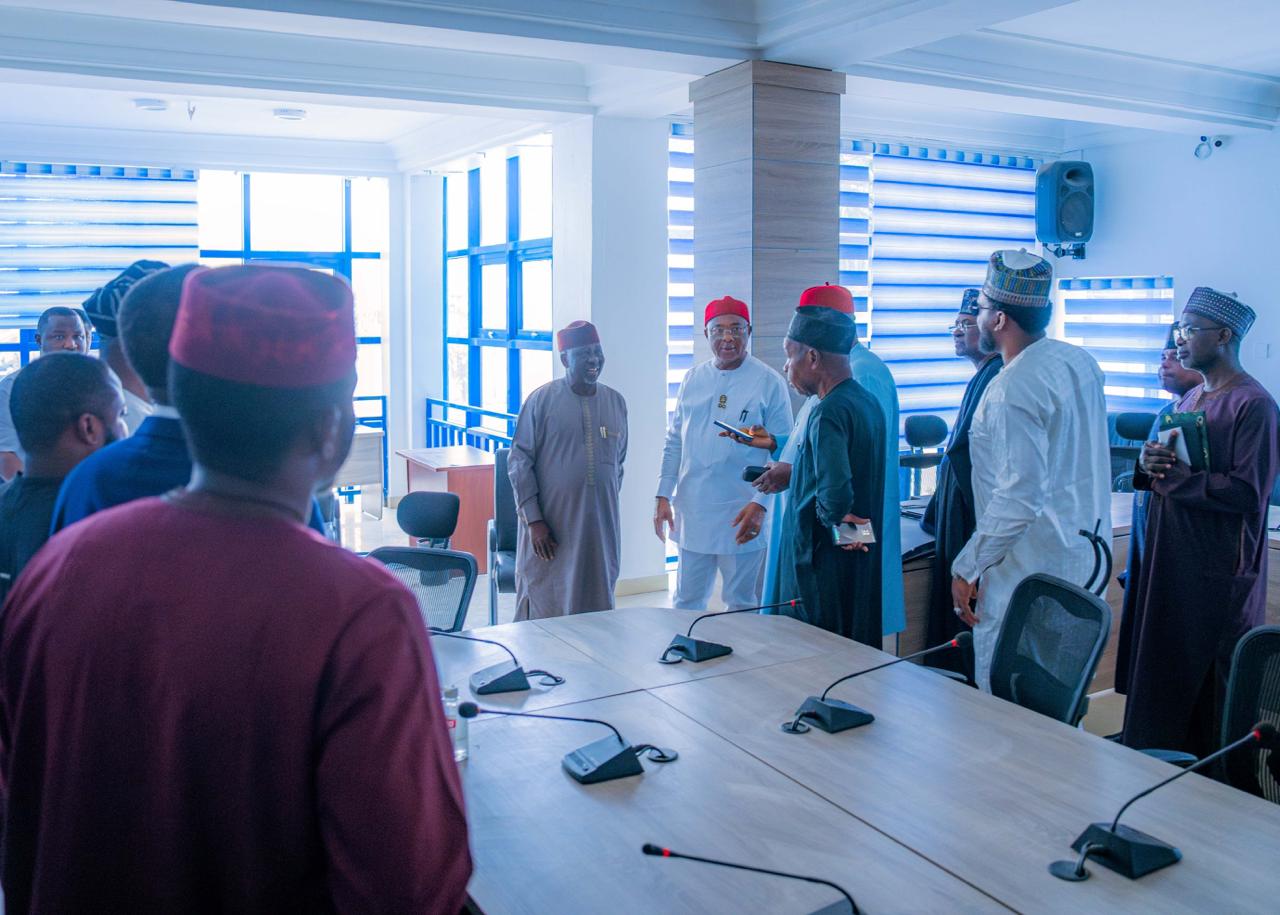
Renewed Hope Ambassadors Inspect RHA Secretariat
Renewed Hope Ambassadors, led by its Director-General and the Governor of Imo State, Hope Uzodinma, alongside Zonal Coordinators (NW, NC, SE), the Media & Publicity Directorate, and other key stakeholders, inspected the RHA Secretariat two days after President Bola Tinubu unveiled the Renewed Hope Ambassadors grassroots engagement drive in Abuja.
Business
Harmony Gardens’ Ibeju-Lekki Portfolio Crosses $1bn

Harmony Gardens’ Ibeju-Lekki Portfolio Crosses $1bn
Harmony Garden & Estate Development Limited has expanded its development activities across Ibeju-Lekki, pushing the projected long-term value of its estate portfolio beyond $1 billion.
Led by Chief Executive Officer Hon. Dr. Audullahi Saheed Mosadoluwa, popularly know Saheed Ibile, the company is developing seven estates within the Lekki–Ibeju corridor. Details available on Harmony Garden & Estate Development show a portfolio spanning land assets and ongoing residential construction across key growth locations.
A major component is Lekki Aviation Town, where urban living meets neighborhood charm, located near the proposed Lekki International Airport and valued internally at over $250 million. The development forms part of the company’s broader phased expansion strategy within the axis.
Other estates in the corridor tagged as the “Citadel of Joy” (Ogba-idunnu) include Granville Estate, Majestic Bay Estate, The Parliament Phase I & II, and Harmony Casa Phase I & II.
With multiple projects active, the rollout of the Ibile Traditional Mortgage System, and structured expansion underway, Harmony Garden & Estate Development Ltd continues to deepen its presence within the fast-growing Ibeju-Lekki real estate market.
Business
BUA Group Showcases Food Manufacturing Strength at 62nd Paris International Agricultural Show
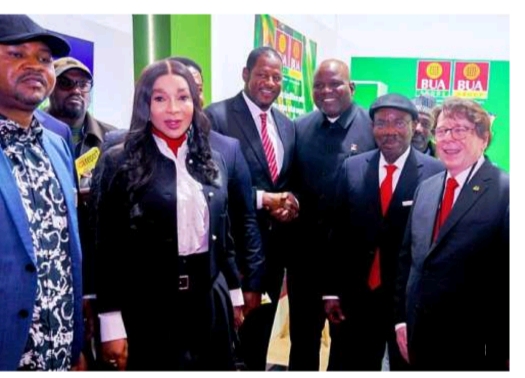
BUA Group Showcases Food Manufacturing Strength at 62nd Paris International Agricultural Show
BUA Group, one of Africa’s leading diversified conglomerates, is maintaining a strong presence at the ongoing 62nd edition of the Paris International Agricultural Show in France, participating as a premium sponsor and supporting the Nigeria Pavilion at one of the world’s most respected agricultural gatherings.
The 62nd Paris International Agricultural Show, taking place from February 21 to March 1, 2026, at Porte de Versailles in Paris, convenes global leaders across farming, agro processing, technology, finance, and policy. The event serves as a strategic platform for industry engagement, knowledge exchange, and commercial partnerships shaping the future of global food systems.
BUA Group’s participation reflects its long term commitment to strengthening the entire food production value chain. Through sustained investments in large scale processing, value addition, and branded consumer products, the Group continues to reinforce its role in advancing food security, industrial growth, and regional trade integration.
Speaking on the Group’s participation, the Executive Chairman of BUA Group, Abdul Samad Rabiu CFR, said, “BUA’s presence at the Paris International Agricultural Show reflects our belief that Africa must be an active participant in shaping the future of global food systems. We have invested significantly in local production capacity because we understand that food security, industrial growth, and economic resilience are interconnected. Platforms like this allow us to build partnerships that strengthen Nigeria’s competitiveness and expand our reach beyond our borders.”
BUA Foods, a subsidiary of BUA Group, maintains a strong footprint in flour, pasta, spaghetti, sugar, and rice production, serving millions of consumers within Nigeria and across neighbouring African markets. The Managing Director of BUA Foods, Engr. Abioye Ayodele, representing the Executive Chairman, is attending the event at the Nigeria Pavilion, engaging industry stakeholders and showcasing the company’s manufacturing capabilities.
Also speaking at the show, Engr. Ayodele stated, “BUA Foods has built scale across key staple categories that are central to household consumption. Our participation at this Show allows us to demonstrate the quality, consistency, and operational strength behind our products. We are also engaging global stakeholders with a clear message that Nigerian manufacturing can meet international standards while serving both domestic and regional markets efficiently.”
The Show provides BUA Group with an opportunity to deepen trade relationships, explore new export pathways, and reinforce Nigeria’s growing relevance within the global agricultural and food ecosystem.
BUA Group remains focused on building enduring institutions, expanding productive capacity, and positioning African enterprise competitively within global markets.
-

 celebrity radar - gossips6 months ago
celebrity radar - gossips6 months agoWhy Babangida’s Hilltop Home Became Nigeria’s Political “Mecca”
-

 society5 months ago
society5 months agoReligion: Africa’s Oldest Weapon of Enslavement and the Forgotten Truth
-

 society6 months ago
society6 months agoPower is a Loan, Not a Possession: The Sacred Duty of Planting People
-

 news7 months ago
news7 months agoTHE APPOINTMENT OF WASIU AYINDE BY THE FEDERAL GOVERNMENT AS AN AMBASSADOR SOUNDS EMBARRASSING



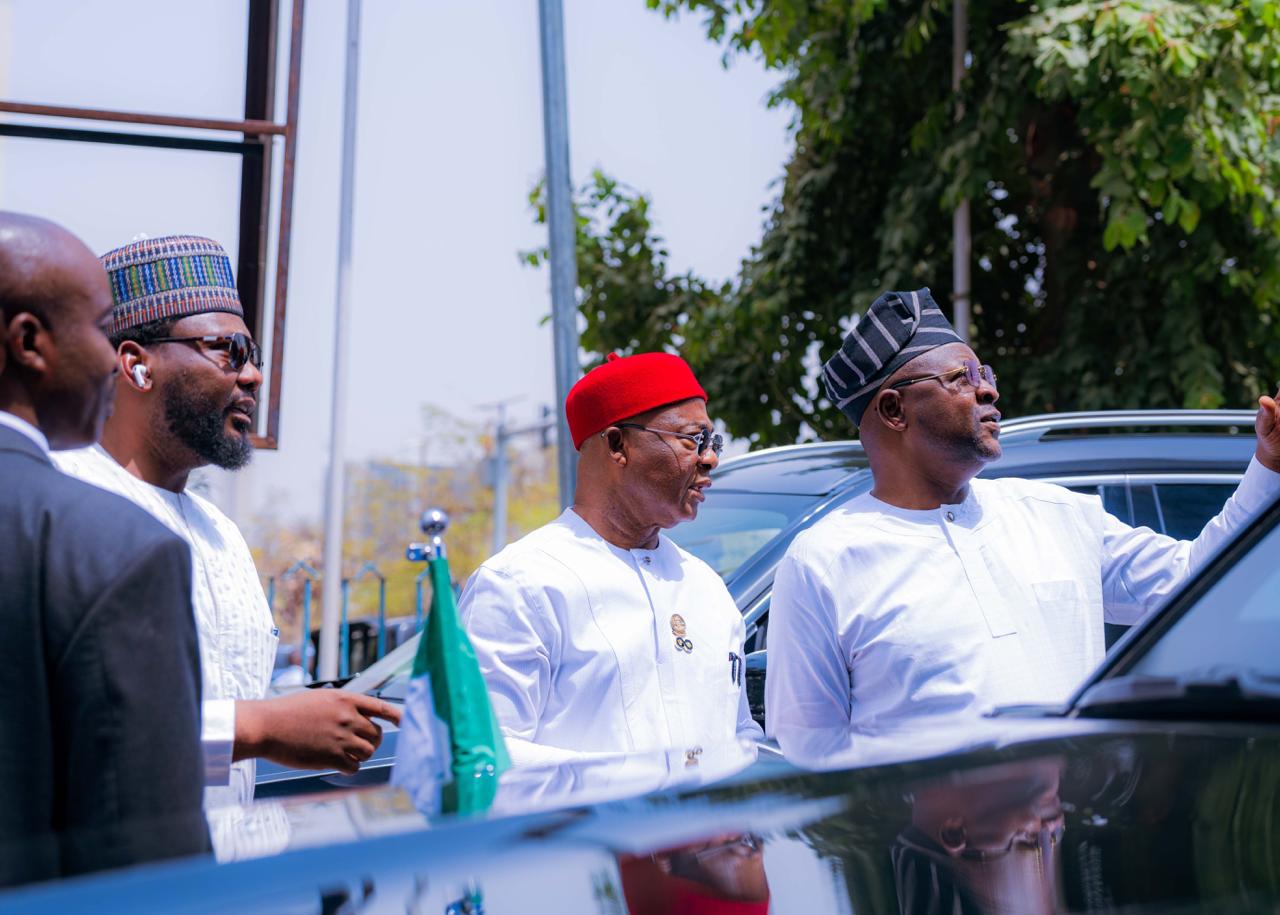
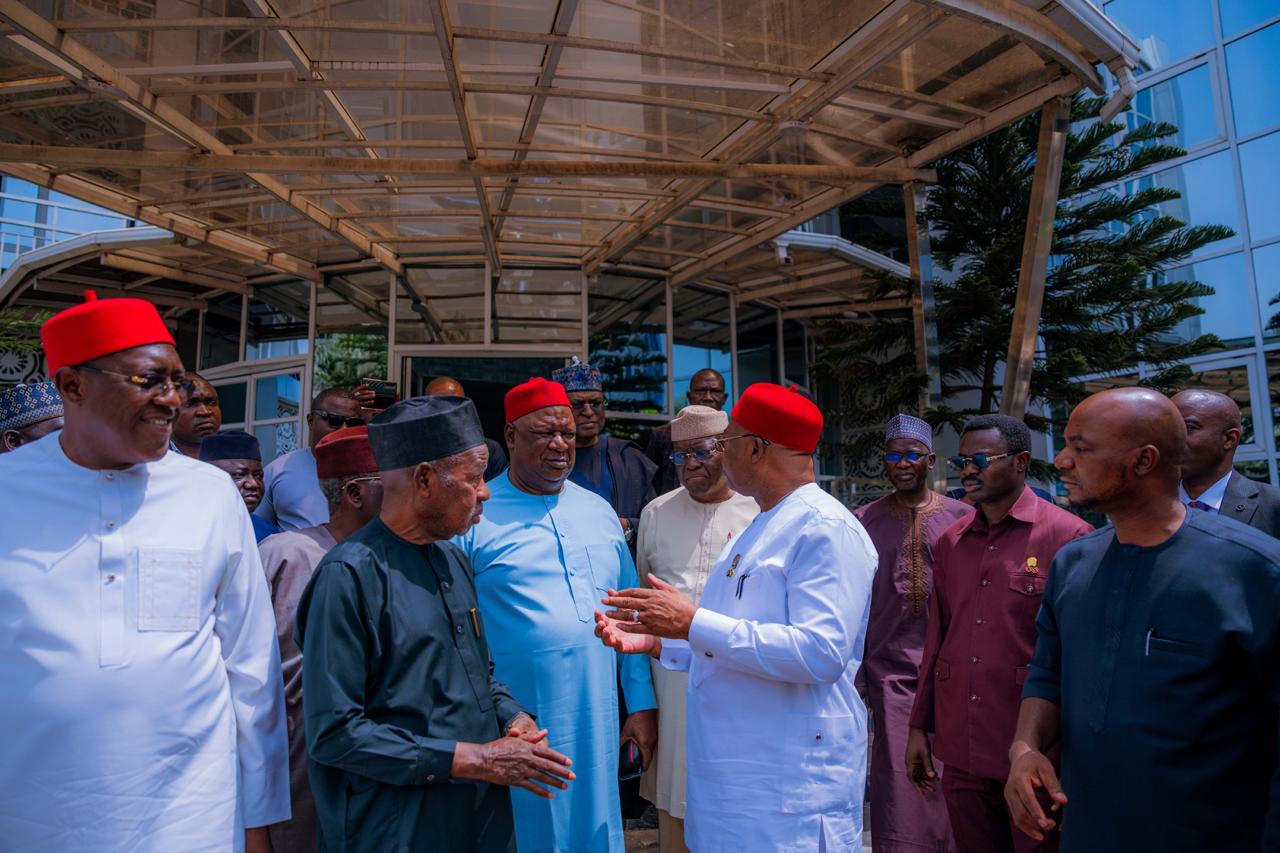


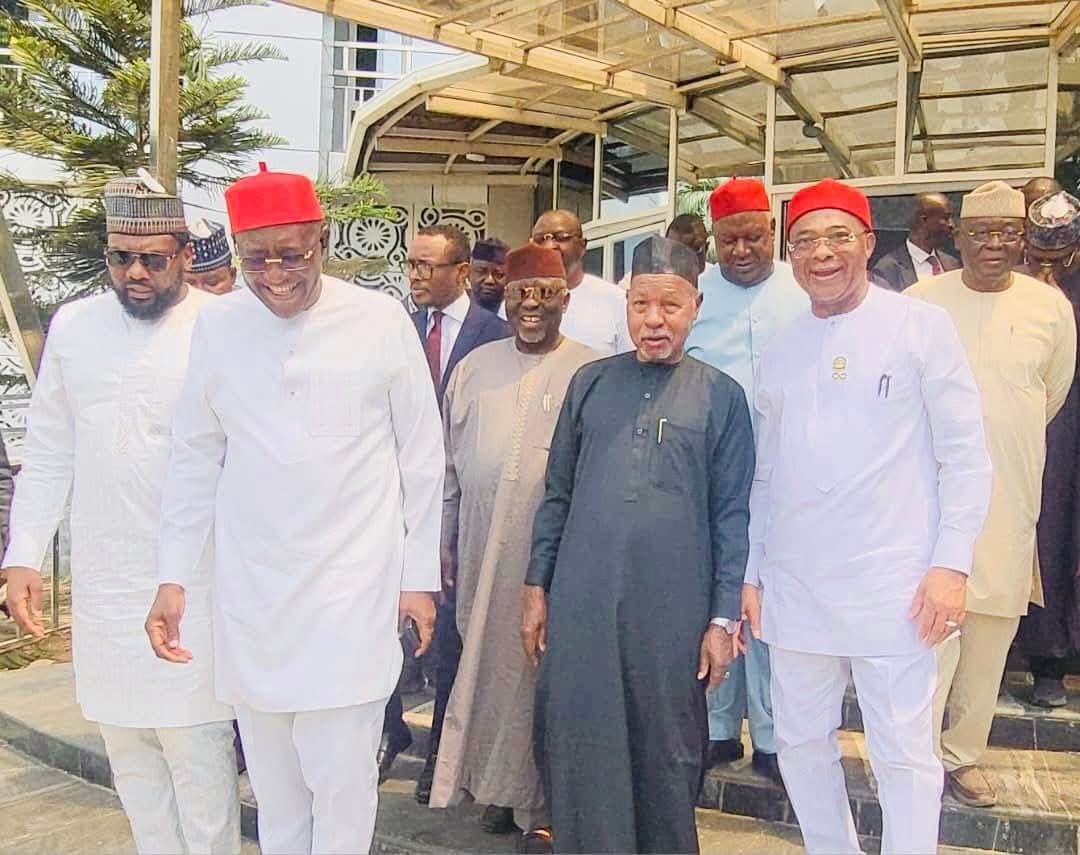
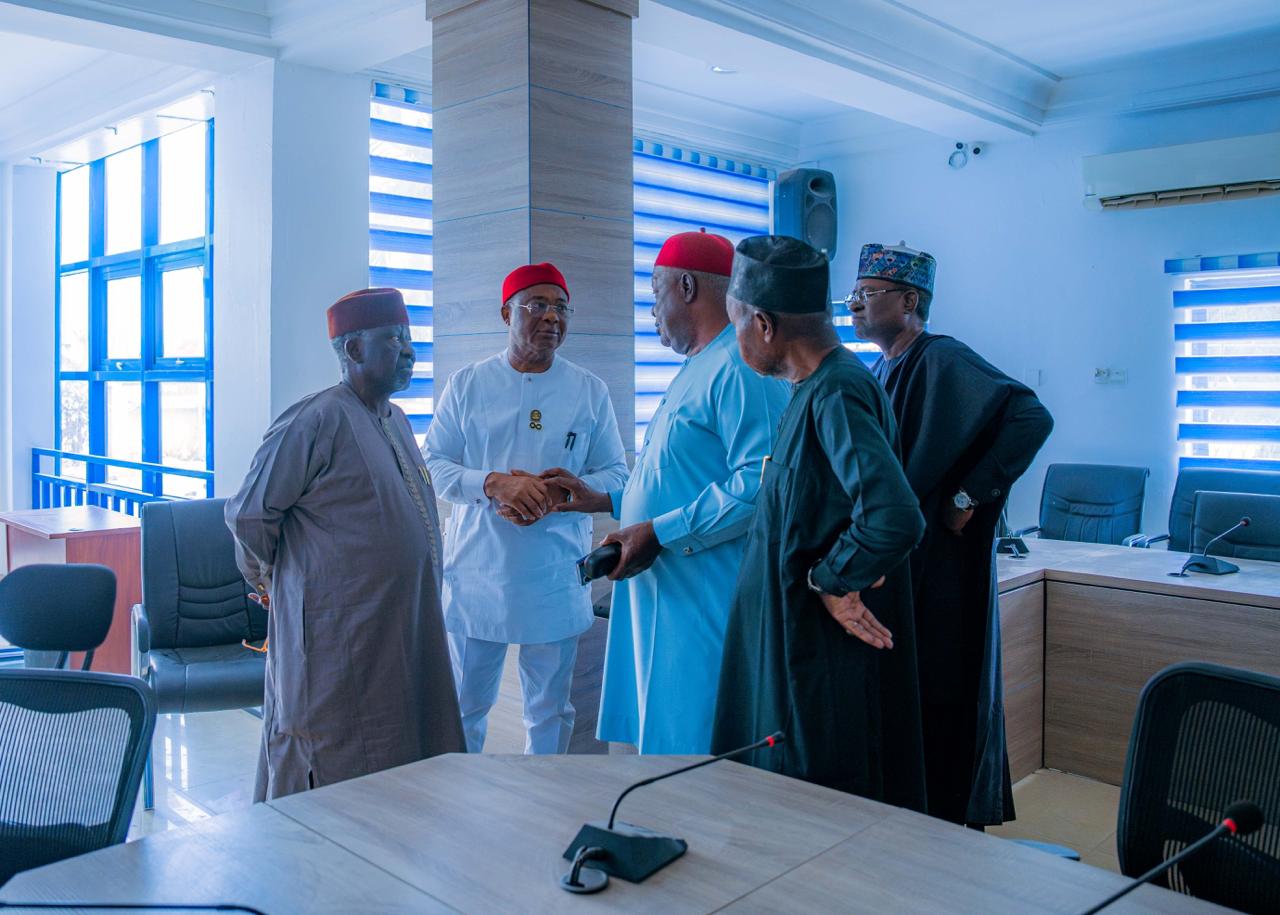
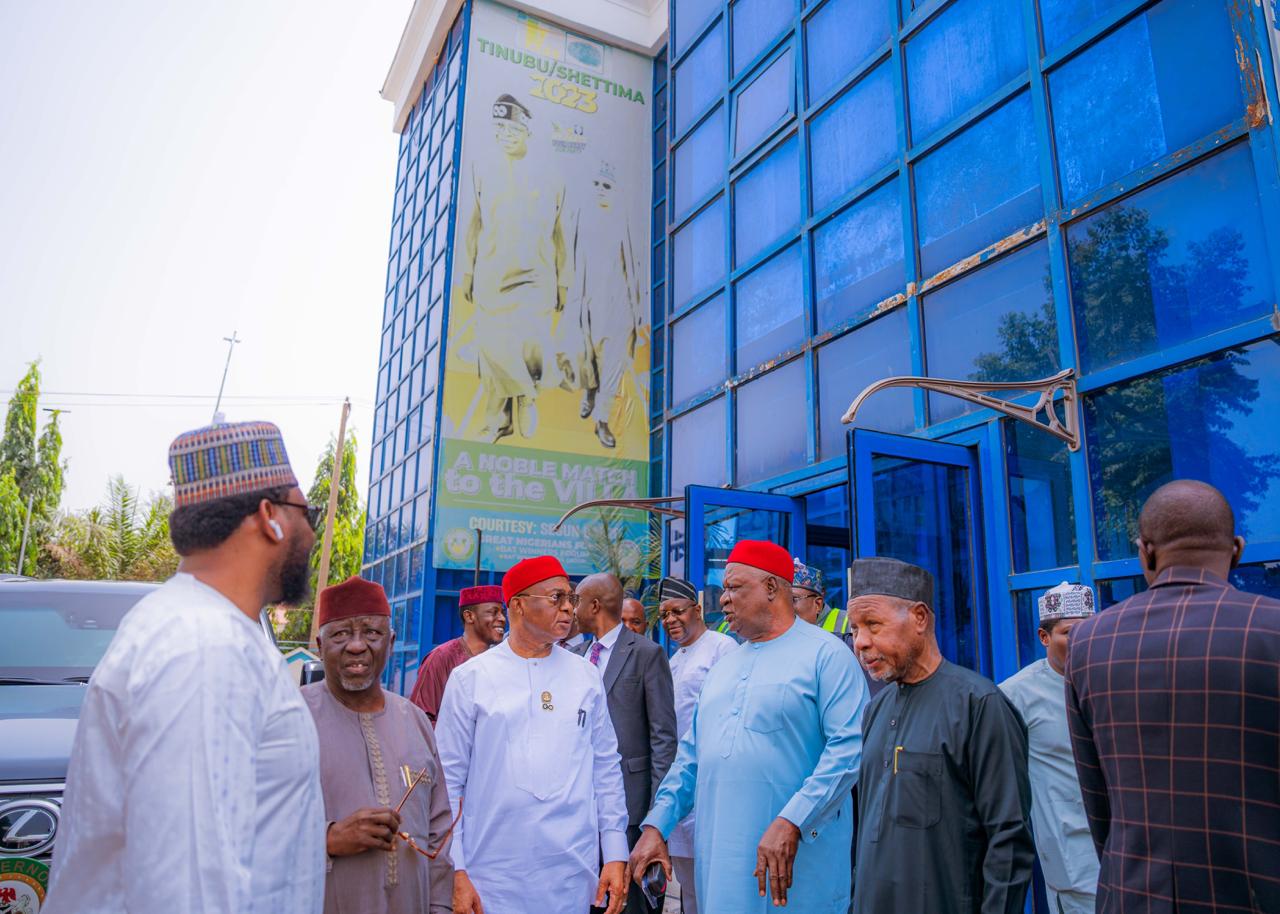

You must be logged in to post a comment Login